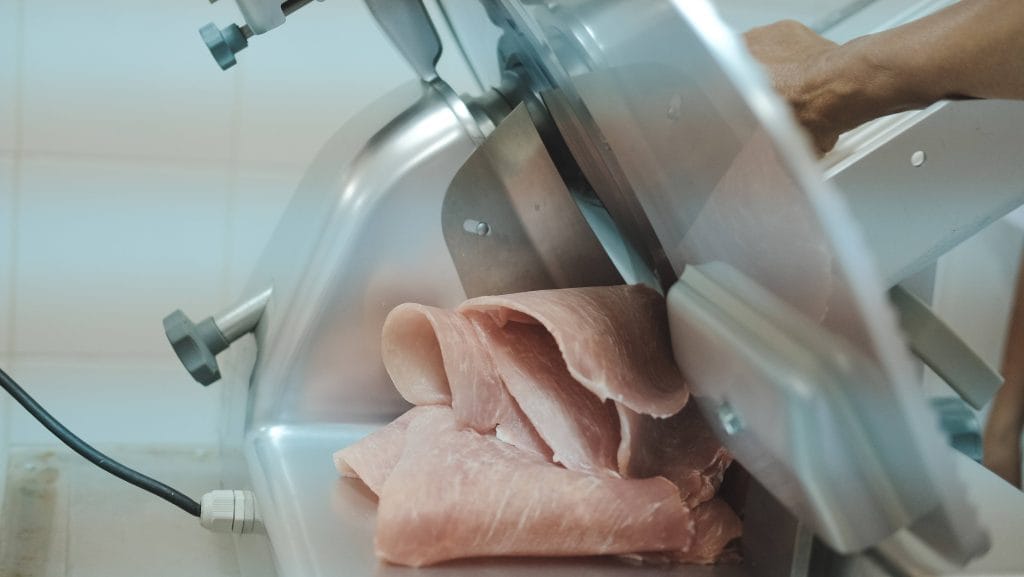Diagnosis
Often, healthcare professionals do a blood test to find out if you have a listeria infection. Samples of spinal fluid might need to be tested as well. If you're pregnant, the fluid that surrounds your baby during pregnancy also might be tested.
Treatment
Treatment of listeria infection varies. It depends on how serious the symptoms are. Most people with mild symptoms don't need treatment. More-serious infections can be treated with medicines that clear up infections caused by bacteria. These are called antibiotics.
During pregnancy, prompt antibiotic treatment might help keep the infection from affecting the baby.
Preparing for your appointment
If you've eaten food that has been recalled because of listeria contamination, be aware of listeria infection symptoms. See a healthcare professional if you have any of the symptoms.
What you can do
Before your checkup, write a list that answers the following questions:
- What are your symptoms and when did they start?
- Are you pregnant? If so, how far along are you?
- Are you being treated for other medical conditions?
- What medicines and supplements do you take?
You also might want to write a food diary. List all the foods you've eaten for as far back as you can remember. Tell your healthcare professional if foods you've eaten have been recalled.
What to expect from your doctor
Your healthcare professional might ask if you've recently eaten:
- Soft cheeses, such as brie, Camembert or feta.
- Mexican-style cheeses, such as queso blanco or queso fresco.
- Raw milk or cheeses made of raw milk, also called unpasteurized milk.
- Processed meats, such as hot dogs or deli meats.
- Any foods that have been recalled.
